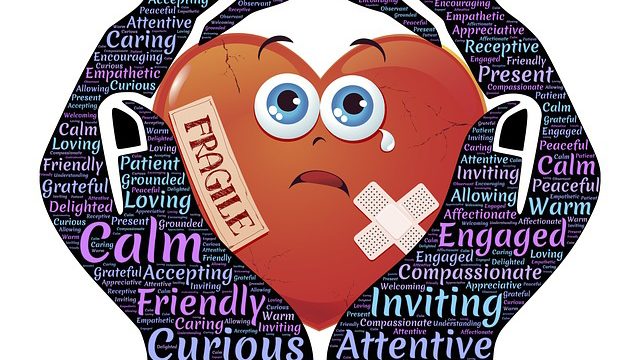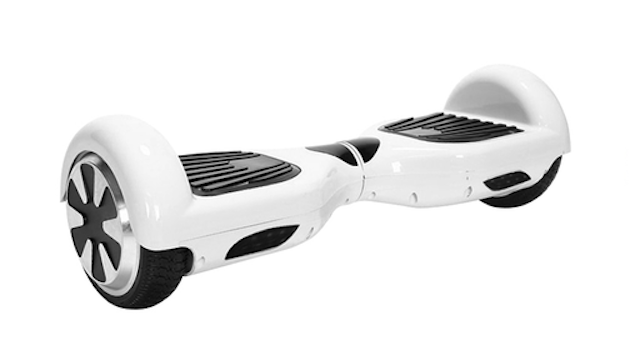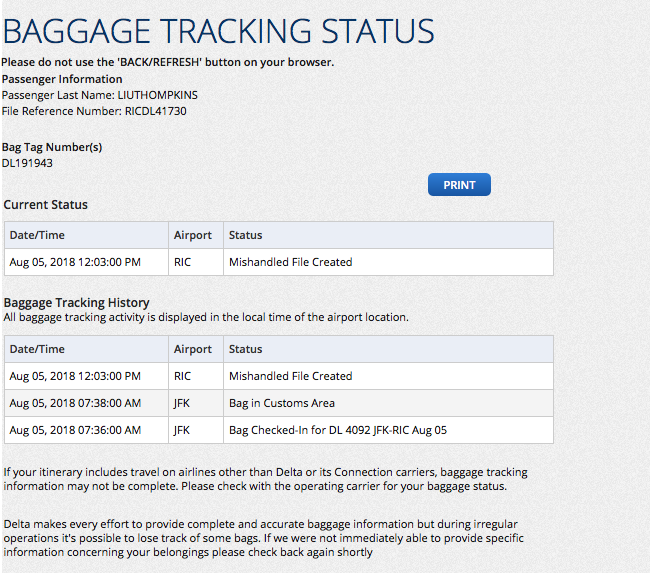I offered my tiny two cents today in an NPR Marketplace story about a new rewards program by John Hancock for their life insurance customers. Under the John Hancock Vitality Program, customers can receive discounts and free rewards for making healthy lifestyle choices. These choices are recorded through smart wearables such as Apple Watch and Fitbit. Since this is a very loyalty program-relevant topic, I decided to repost the radio segment below, followed by a list of the pros and cons that I see in the program.
Pros
- The activities rewarded through the program are things that consumers should be doing and are beneficial to them. So the program is high on both relevance and aspirational value.
- Since most activities are automatically tracked by smart devices, the program is also quite convenient to participate in.
- Most importantly, from a branding perspective, the program turns a negative event driven product into something positive. Customer interactions surrounding life insurance (and most other types of insurance) policies are typically motivated by an unfortunate negative event. This program focuses on the good and creates positive connection between the brand and the customer. It also greatly increases the frequency of brand-relevant interactions with customers.
Continue reading “John Hancock’s New Reward Program to Life Insurance Customers”



